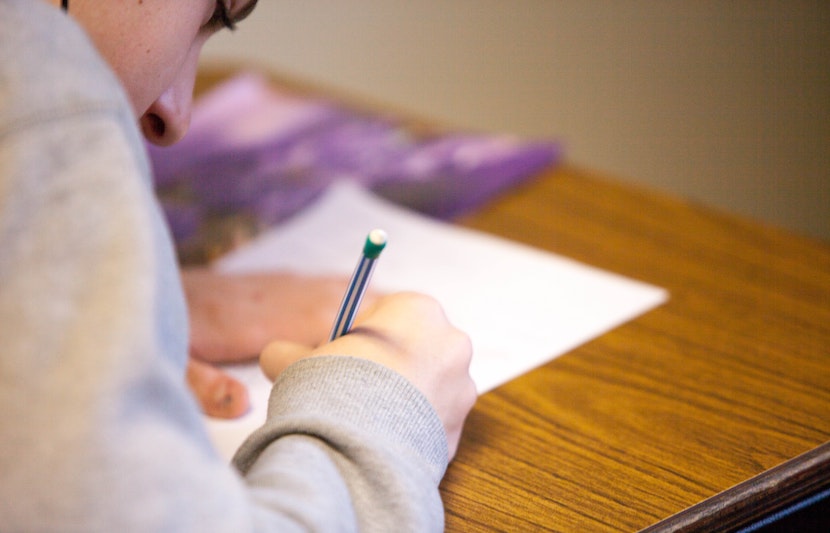Students who expect higher scores from their exams generally achieve them, according to a recent study.
The study is led by Jan Magnus, visiting professor at the Department of Econometrics and Operations Research of Vrije Universiteit Amsterdam and Emeritus Professor at the Department of Econometrics & Operations Research in Tilburg University, the Netherlands, and Anatoly A. Peresetsky, professor of economic sciences at the National Research University Higher School of Economics (HSE), Russia.
The paper is published in Scientific Reports.
Shedding light on a dispute
In the field of psychology, there are two conflicting viewpoints on how accurately students can predict their results on exams. While both groups agree that students often have inflated expectations, or overconfidence, they disagree on the effect of such overconfidence on academic success. One group believes overconfidence discourages students from studying while another group believes overconfidence encourages students to study even more.
Up until now, however, neither group could back up its argument with hard data.
Magnus and his team decided to test this long debated topic of overconfidence using econometrics, a branch of economics that uses statistics to explain economic phenomena,
“A statistician is always looking for interesting data and this seemed an easy way to generate an interesting data set,” said Magnus.
What they did
The researchers studied nearly 600 sophomores studying at the HSE International College of Economics and Finance (ICEF) between 2011 and 2015.
Over their first two years, students at ICEF are required to take Statistics I and Statistics II. The latter course requires students to sit for three written exams — one each in the months of October, December, and March. Each exam consists of two parts, each of which is 80 minutes long, with a small break in between. The maximum score is 100.
After taking the first part of the exam, the participating students were asked what scores they were expecting. The students had an incentive to give the most accurate prediction possible, as the researchers promised to give bonus points to those who predicted their actual scores most accurately.
What they found
The researchers found that students who expected higher scores actually achieved them.
To rule out any outside variables other than one’s confidence, the researchers only compared students with similar overall academic results, which were assessed based on their overall grades in mathematics and statistics, their first year GPA, their grades on previous exams in the class, and their homework grades in the second year.
This finding refutes the argument that students with high expectations put less time and effort to studying. According to this study, it is possible that students with high expectations are more confident in their success because they are also ambitious and determined.
“Most researchers explain this effect from various psychology theories, while we provide an empirical/statistical explanation,” Magnus said.
The researchers also found that female students are more careful in their predictions than male students. On the third exam especially, female students’ predictions were more rational and often came closer to their actual scores than male students’ predictions. Overall, girls were quicker at learning to predict their actual performance results. However, there is no consensus on this.
Generally, all students, both female and male, were more likely to overestimate their abilities. However with each passing exam, their predictions became more accurate.
Future areas of study
The researchers hope this study can serve as a guidance for lecturers to plan their courses effectively. For example, lecturers can plan to give tests at the beginning of a course to allow students to adapt their expectations more quickly. Lecturers themselves can distribute their efforts more rationally when planning their university’s academic program.
“We have now started to collect enhanced data, asking student to give their forecast both at the end of first part of exam and at the second part of exam,” said Magnus.
Magnus and his team would like to determine whether students will predict their grades more realistically or hold onto their prior beliefs when they have some information on the second part of the exam.



